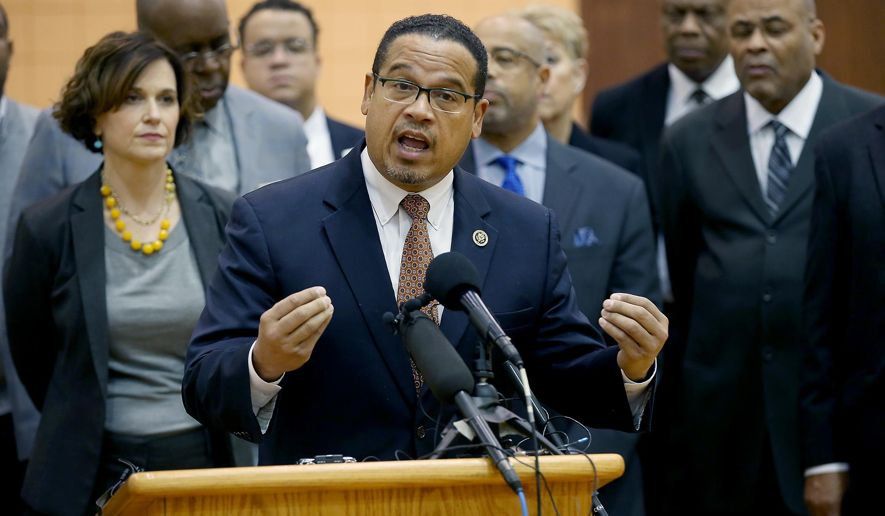
Problematic or Patriotic? Two Ways to Talk about Muslims
In March of 2011, Representative Peter King, a Republican from New York and the head of the House Homeland Security Committee, held the first of a series of hearings about the Muslim community in the United States. The first hearing, entitled “The Extent of Radicalization in the American Muslim Community and That Community’s Response,” was received strong support from some, and drew emphatic criticism from others.
King insisted that the hearings were necessary because “homegrown radicalization is part of al Qaeda’s strategy to continue attacking the United States.” But others disagreed. Democratic Congressman Mike Honda, who was imprisoned in a Japanese internment camp as a young boy, said the hearings were “un-American, “ and others compared the hearings to those held by Senator Joseph McCarthy in the 1950s to investigate Communism in America.
In an article published in Discourse & Society, Hakimeh Saghaye-Biria analyzed the “polarized” language that was used by participants in the hearings. Using a method called Critical Discourse Analysis (CDA), she identified “two competing discourses” which the representatives used to describe Muslims. The first, used by King and his supporters, “describes Muslims as the problem.” The second, used by Representative Keith Ellison and others who opposed the hearing’s narrow focus, talks about Muslims “as part of the solution” in combatting threats to America.
Below is a summary of Saghaye-Biria’s findings. You can access the full report here.
| King discourse: Muslims as the “problem” | Ellison discourse: Muslims are “patriotic” |
| “Focusing only on the Muslim community is the right thing to do because the threat of Muslim radicalization by al-Qaeda is real.” | “Focusing only on the Muslim community is counterproductive and is scapegoating when most of the domestic threat comes from anti-government and white-supremacist groups.” |
| “Most Muslims are good citizens, but they are not doing enough.” | “Most Muslims are good citizens, and they help considerably in preventing attacks against Americans.” |
| Emphasizes the positive traits of the American government and public (Us), and the negative traits of the Muslim community (Them), e.g. attacks committed or attempted by a few Muslims. | Emphasizes the positive traits of the Muslim community, e.g. its contributions to the fight against terrorism, and the negative traits of the American government, e.g. singling out Muslims in an unfair way. |
| “Muslim leaders and organizations can’t be trusted.” | “Muslim leaders and organizations are helping and want to be engaged.” |
| “Those who fail to recognize or address the threat from the Muslimcommunity are naïve or politically correct.” | “Those who single out Muslims are endangering the rights and security of all Americans.” |

 Search
Search